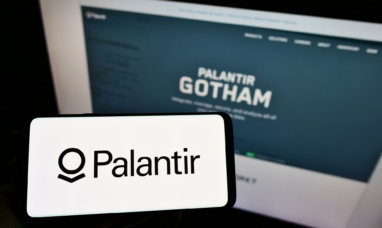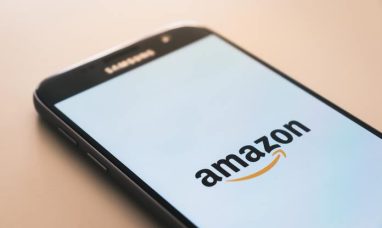In a significant move, Google, under Alphabet Inc. (NASDAQ:GOOGL), has introduced the Pixel 8 smartphone and a new smartwatch, both of which showcase a deeper integration of the company’s artificial intelligence (AI) technology into its core consumer products. The enhancements made to the Pixel phones, known for their popularity among photography enthusiasts and those who prefer a pure Android experience, may very well make them a more appealing option for shoppers gearing up for the holiday season.
Google has bolstered the Pixel lineup with its latest mobile processor, Tensor G3, which brings a range of machine learning and generative AI models directly onto the device. These AI capabilities promise to assist users with photography tasks, web page summarization, and the blocking of spam calls, as elaborated by executives during the recent Made by Google event held in New York.
The top-tier offering, the Pixel 8 Pro, even includes a temperature sensor, and Google has taken steps to gain FDA approval for its Thermometer app, enabling it to measure body temperature. The Pixel 8 comes with a starting price of $699, while the Pixel 8 Pro starts at $999, representing a $100 increase over the previous generation models. Both devices are set to hit the market on October 12.
IDC analyst Ryan Reith noted, “Google was clearly focused on driving the mobile AI message in today’s event and having AI on the device/client will be a big topic for the industry going forward. If supported by strong marketing, Google could drive higher market share with this lineup, specifically in the U.S.”
In contrast, Apple (NASDAQ:AAPL) recently launched a new series of iPhones, including a new titanium shell, a faster chip, and improved gaming capabilities, but did not raise prices—a move reflecting the global slowdown in the smartphone market.
According to IDC, Google Pixel holds the 12th position globally in terms of shipments, commanding a 0.9% market share. The United States constitutes the largest market, accounting for approximately 39% of Pixel’s worldwide shipments, followed by Japan at 29% and the UK at 9%, as per IDC data.
In addition to the hardware updates, Google also revealed plans to infuse generative artificial intelligence capabilities into its virtual assistant. This advancement will enable the assistant to assist users with tasks such as trip planning and email management, with the ability to ask relevant follow-up questions.
Furthermore, Google introduced the Google Watch 2, a successor to its initial smartwatch launched last October. This updated smartwatch, starting at $349, boasts a digital crown and advanced health-tracking features powered by AI.
Featured Image: Unsplash @ tomaszzagorski














